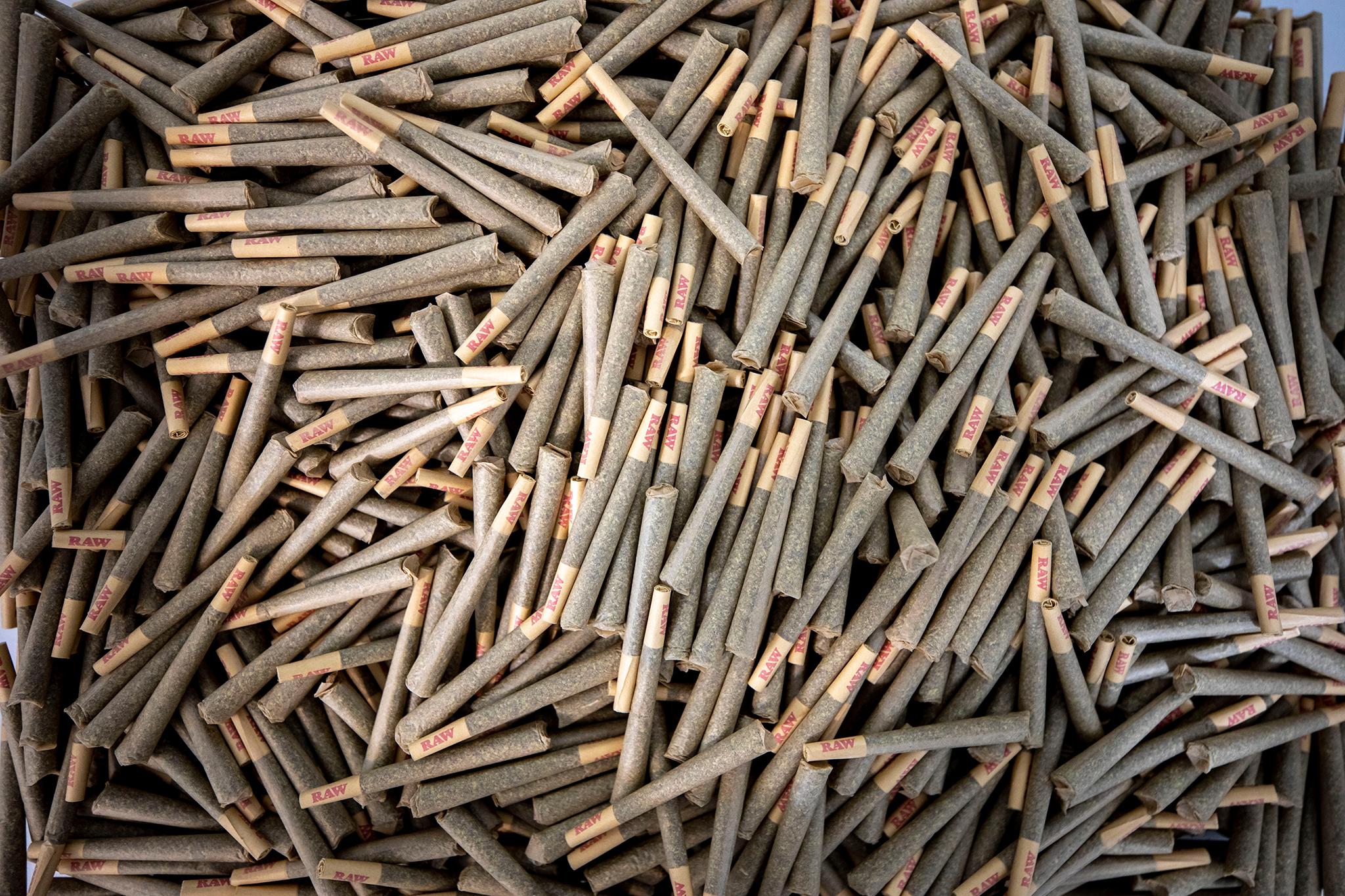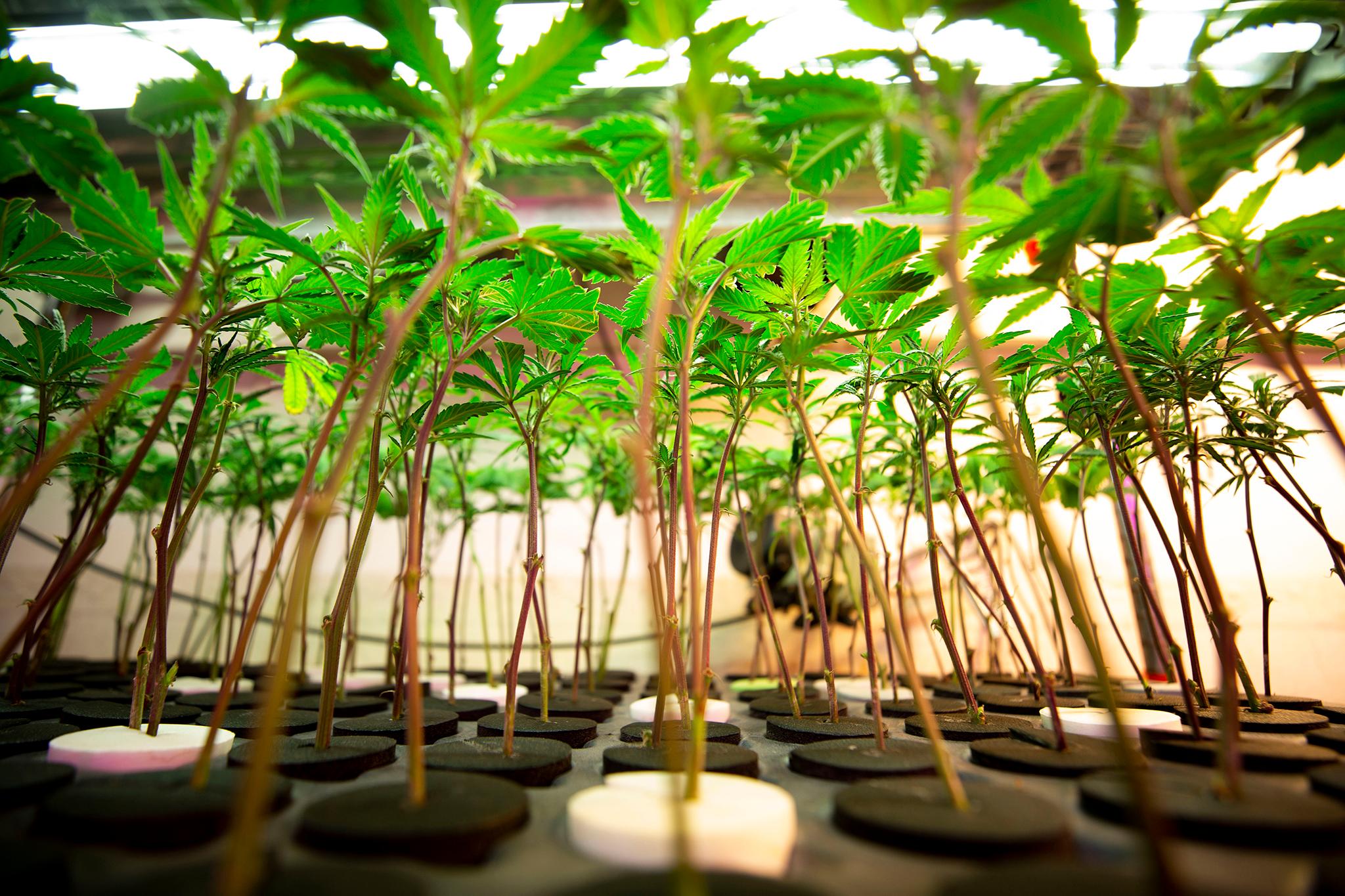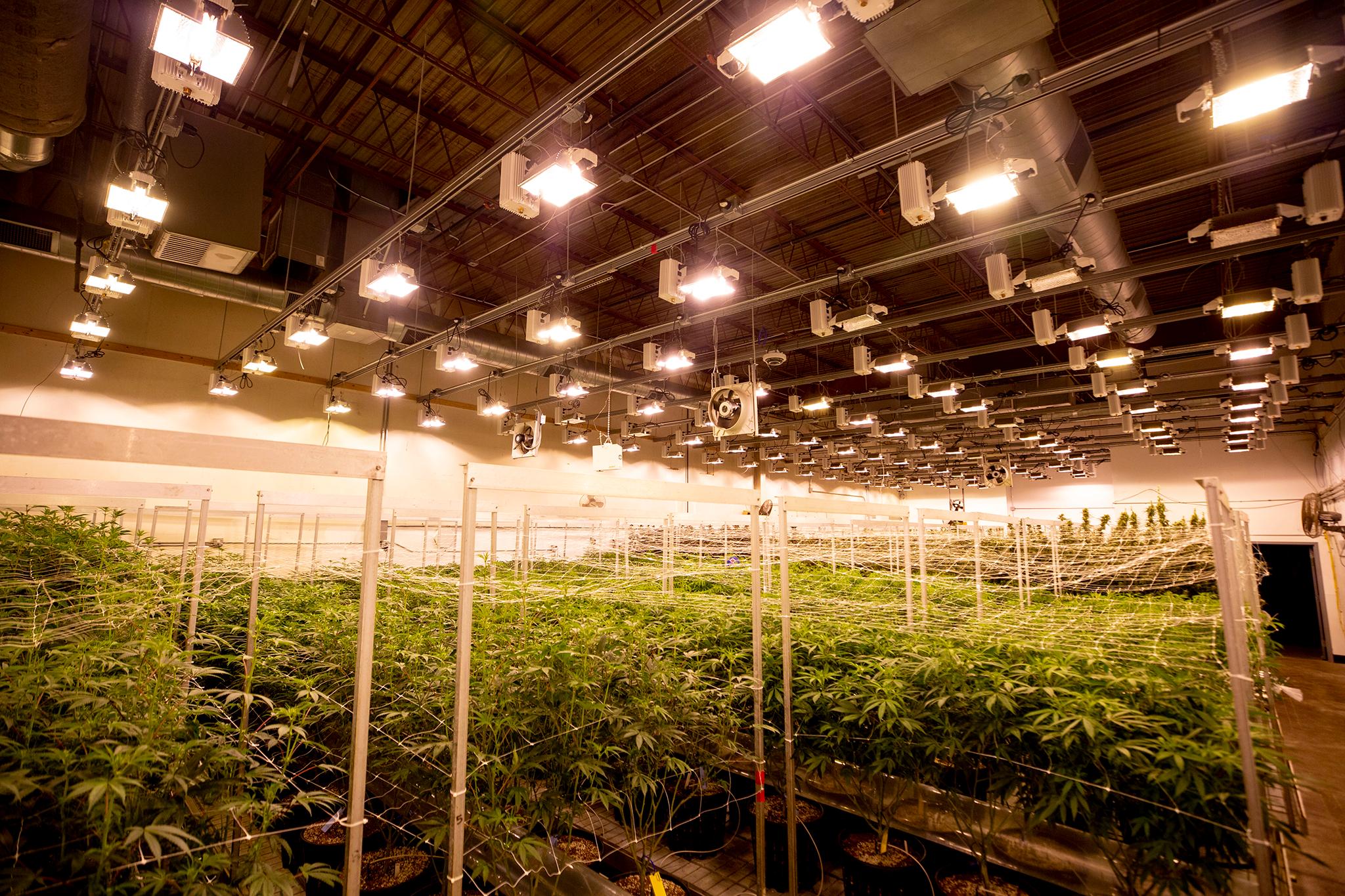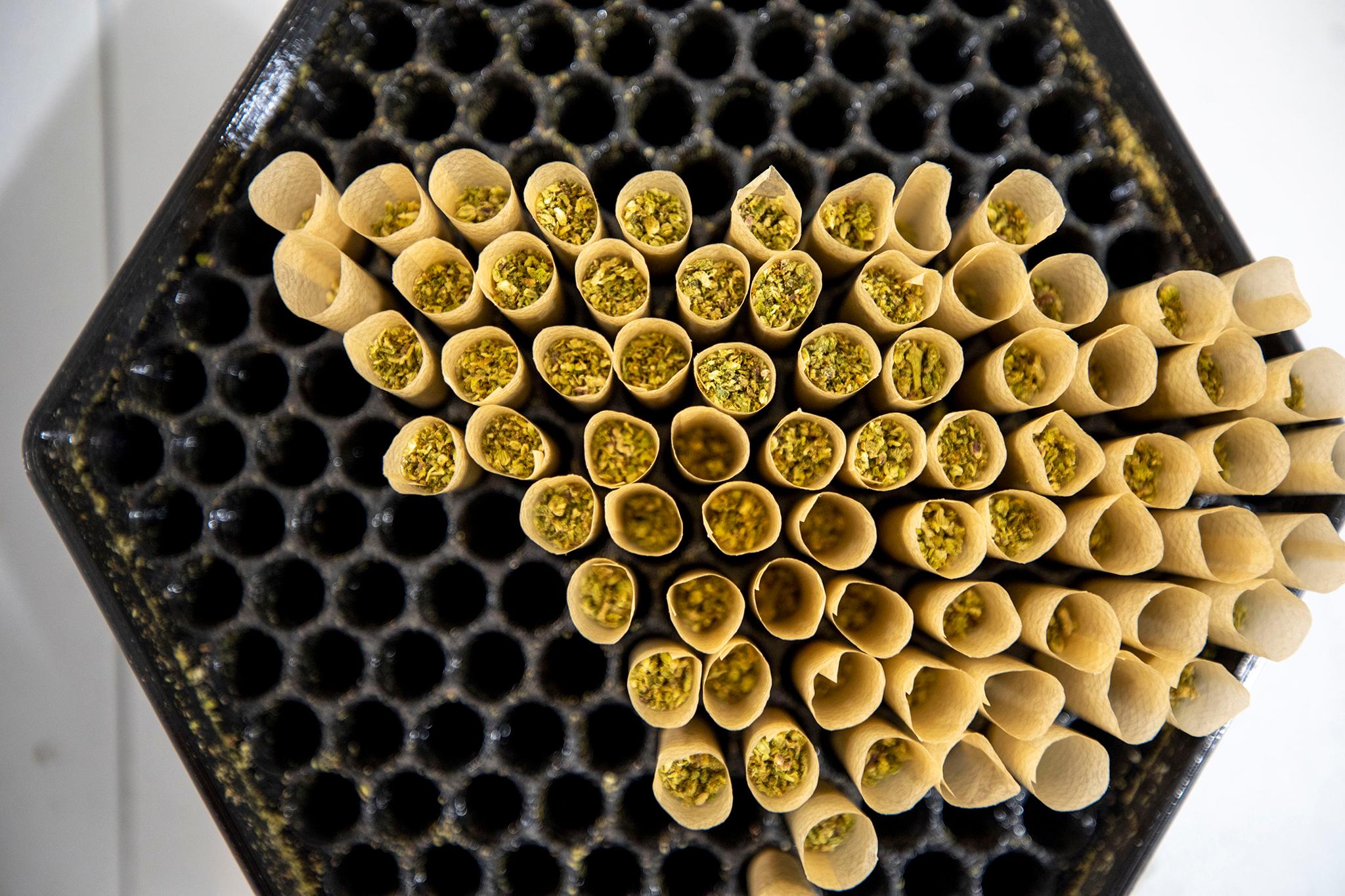Are you a marijuana social equity licensee looking for funding?
The Colorado Cannabis Business Office announced that it'll accept applications for second round of the Cannabis Business Grants starting October 19 until November 17.
The Cannabis Business Office launched this year with the stated mission of helping the state create local jobs and fostering community growth and economic development.
Its goal is also to create an equitable space within the cannabis industry -- one Denver officials and leaders say they share.
By the numbers, non-white entrepreneurial hopefuls have not equally or equitably benefitted from legalization.
A study released by the City of Denver in 2020 showed 75% of cannabis and cannabis-related business owners are white, as compared with 68% of employees. About 13% of owners are Hispanic and 6% are Black.
The discrepancy in who gets to access the industry is noticeable when compared to the city's overall population. According to the 2020 Census, 715,000 people live in Denver. About 10% of residents identify solely as Black or African-American compared to the 54.9% or so of people who identify as solely white.

Advocates have long argued that this uneven makeup comes down to a lack of equity, or equal opportunities across the board.
Denver's social equity program for marijuana licensing launched about a year ago. Since September of this year, 22 social equity licenses have been approved with most approvals going toward marijuana delivery or transportation licenses.
While applying for the license may be tedious, getting financial and technical support is arduous. Marijuana is still federally illegal, so getting a loan from a bank isn't possible. Not to mention that, historically, Black and brown folks have a hard time getting regular loans.
So, the Cannabis Business Office was also created to provide that technical and financial support to social equity licensees.
A first round of grants went out in July and 16 business were awarded, including Tetra Hospitality Group.
In order for the business to qualify, they must:
- Have 51% of the business owned by a Social Equity License from the Colorado Marijuana Enforcement Division (beginning at the time of application and for 24 months after award disbursement);
- Have been awarded or started an application for a Regulated Business License from the Colorado Marijuana Enforcement Division and the local licensing authority where the business intends to operate;
- and be in "Good Standing" with the Colorado Secretary of State.

If a business meets those qualifications, they're then split into two categories, foundational or growth, meaning a new up and coming business or an established business.
Foundational businesses have been operational for less than a year, have one to five employees and have an annual revenue of less than $500,000. Growth businesses have six to 15 employees and an annual revenue of $500,000 to $3,000,000.
The max funding for foundational and growth businesses are $25,000 and $50,000, respectively.
Businesses who received a growth grant cannot apply for an additional grant, but foundational grant awardees can apply for a growth grant, if they're eligible.
Applicants also have to complete the Cannabis Business Technical Assistance learning program. It's a self-paced program that can take between 15 to 20 hours to complete.

If an applicant receives a grant, they have to match the award at a certain percentage:
- Established businesses have to match 30% of the award.
- Growth businesses have to match 10%.Later on, the businesses are also required to provide documentation on how the money was spent.
Besides taking the Technical Assistance program through the state, licensees can apply for a city-run program through the Denver Economic Development & Opportunity department.
DEDO partnered with The Color of Cannabis to host the Social Equity Technical Assistance Program, a 10-week class that touches on the history and politics of the industry, compliance, delivery, hospitality and marketing.
That program is currently accepting applications for a second round of students. Application deadline is October 29.













